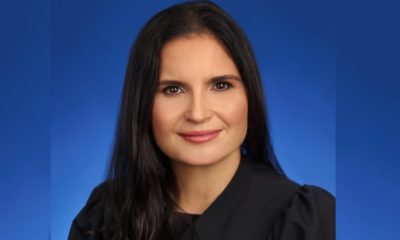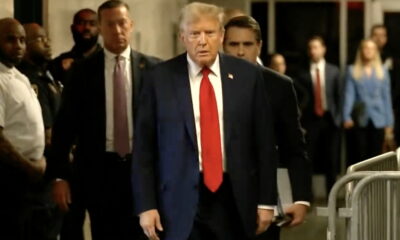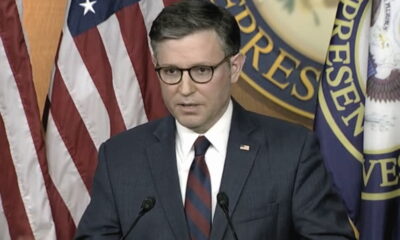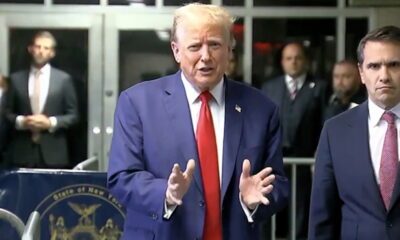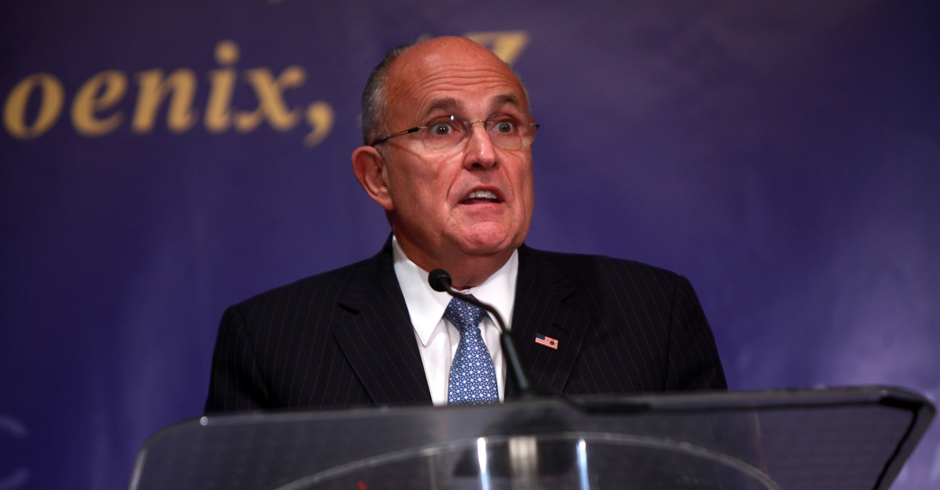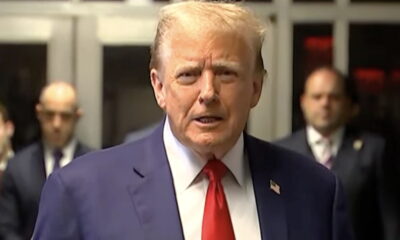OUT IN THE OPEN
Here’s How Mueller Can Use Trump’s Tweets to Prove Obstruction of Justice
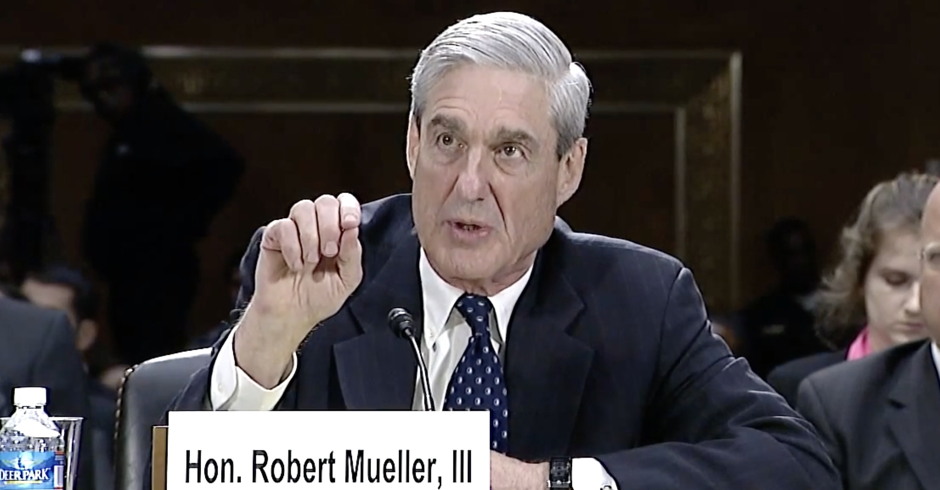
Former Watergate prosecutor Jill Wine-Banks explained a clear case of obstruction of justice shown in President Donald Trump’s own words following a new bombshell report that special counsel Robert Mueller is examining the commander-in-chief’s tweets for evidence of obstruction of justice.
“What more can you tell us?” MSNBC anchor Craig Melvin asked New York TimesWashington correspondent Michael Schmidt, who wrote the story with Maggie Haberman.
“Most times that people are accused of obstructing justice, it’s things that happen in private — it’s pressuring witnesses, it’s making threats against folks to try and stop them from speaking,” Schmidt explained. “What’s unusual here, what’s different, is that the president has made so many public statements about the investigation, about the former FBI Director James Comey, about Attorney General Jeff Sessions, things that could be construed as trying to influence them.”
“Now if you line up his public statements with what he’s accused of doing privately, you can see where the president may have been trying to move these guys in different directions as it relates to the investigation, trying to get them to do things that he wanted,” he continued. “Remember, the president is accused of asking the FBI director to end the investigation into his former National Security Advisor, Michael Flynn, the president is accused of trying to get Comey to put out the word that he’s not under investigation.”
“Jill, how could using President Trump’s tweets — and there are a lot of them — how could using those tweets and statements help establish an obstruction case?” the host asked the former prosecutor, who also served as the first female General Counsel of the U.S. Army and first female executive director of the American Bar Association.
“First of all, it establishes a pattern of behavior and it shows what his intent really is, so it will be very helpful to see that as part of the evidence against the president,” Wine-Banks noted.
“I have been saying for more than a year that the case for obstruction is in plain sight and part of it is that he talks to the public and he talks through Twitter and that is the same as if he approached someone in private,” she explained. “He’s sending a message to all these people, ‘do what I want you to do or else.’ He could say that in a one-on-one meeting or he could say it through his Twitter account, both of which amount to obstruction of justice and he should be held liable.”
“He is an official of the U.S. government and he can’t use his Twitter account to punish Americans, so I think there’s a lot here that is going to help Mueller in prosecuting this case,” Wine-Banks added.
The former organized crime prosecutor even predicted the timeline moving forward.
“I think the case for obstruction has been clear for over a year, it’s very, very clear now and I think that’s where he may be focusing for anything he will do before the election, before he has to sort of remain silent so as not to interfere with the midterm elections,” she suggested.

Enjoy this piece?
… then let us make a small request. The New Civil Rights Movement depends on readers like you to meet our ongoing expenses and continue producing quality progressive journalism. Three Silicon Valley giants consume 70 percent of all online advertising dollars, so we need your help to continue doing what we do.
NCRM is independent. You won’t find mainstream media bias here. From unflinching coverage of religious extremism, to spotlighting efforts to roll back our rights, NCRM continues to speak truth to power. America needs independent voices like NCRM to be sure no one is forgotten.
Every reader contribution, whatever the amount, makes a tremendous difference. Help ensure NCRM remains independent long into the future. Support progressive journalism with a one-time contribution to NCRM, or click here to become a subscriber. Thank you. Click here to donate by check.
 |
